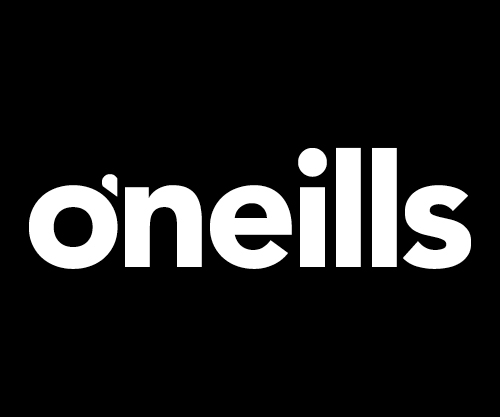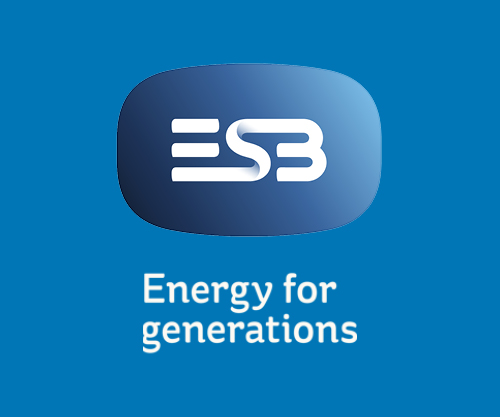Home /
The Provincial Council of Britain
Although Hurling and Gaelic football were played by Irish people in Britain for many years beforehand, it was in 1926 that the Central Council in Dublin took steps to formalise the administration of the games in Britain by calling for a Provincial Council to be formed.
London and Liverpool were the 2 initial areas taking their places on the Council in 1927. In 1934 Liverpool County Board changed its name to Lancashire and District. It was in 1957 when the matter of County Boundaries was addressed following several Counties joining over the years often close to one another. It was agreed at this time that Warwickshire would cover Warwickshire and Leicester, Yorkshire all of Yorkshire, Lancashire to cover Cheshire as well as Lancashire and Derby covering Derby and Nottingham. London and Gloucester remained unaffected. Hertfordshire then became affiliated in 1960. The Derby board was officially wound up in 1970 with their teams moving under Warwickshire.
The Provincial Council of Britain is today made up of seven counties – Scotland, Yorkshire, Lancashire, Warwickshire, Hertfordshire, Gloucestershire and London with 82 clubs affiliated to the Council.
The Provincial Council of Britain is the only Provincial Council of the GAA outside Ireland and the Provincial Council of Britain’s President, Paul Foley is one of the members of the GAA’s Management Committee as well as a member of the GAA’s Central Council.
The Provincial Council of Britain is also responsible for Gaelic Football and Hurling which is played in the primary schools, secondary schools and Universities right across Britain.
The GAA
The Gaelic Athletic Association (GAA) is Ireland’s largest sporting organisation. It is celebrated as one of the great amateur sporting associations in the world. The GAA has remained an amateur Association since its founding. Players, even at the highest level, do not receive payment for playing and the volunteer ethos remains one of the most important aspects of the GAA.
It was founded on 1 November 1884 in Thurles, Co. Tipperary as a national organisation to make athletics more accessible to the masses and to revive and nurture traditional, indigenous sports and pastimes.
The GAA today promotes Gaelic games such as Hurling, Gaelic Football, Handball and Rounders as well as Irish music, song and dance and the Irish language. The GAA works with sister organisations to promote Ladies Football and Camogie.
Headquartered at Croke Park, Jones Road, Dublin in Ireland’s largest stadium with a capacity of 82,300 and is considered to be among the most modern stadiums in Europe. It stands today as a monument to the selfless work and dedication of the GAA’s enormous legion of volunteers both in Ireland and abroad.
The GAA has developed abroad amongst the Irish Diaspora. The Irish who emigrated brought their national games with them and both regional and club units are now well established in the United States of America, Australia, Canada, China, mainland Europe and right here in Britain offering games to all age groups from under 10 years of age right up to adult.
Gaelic games is not just played by members of the Irish Diaspora; Gaelic games is played by those who have no links to Ireland and simply love our games.





